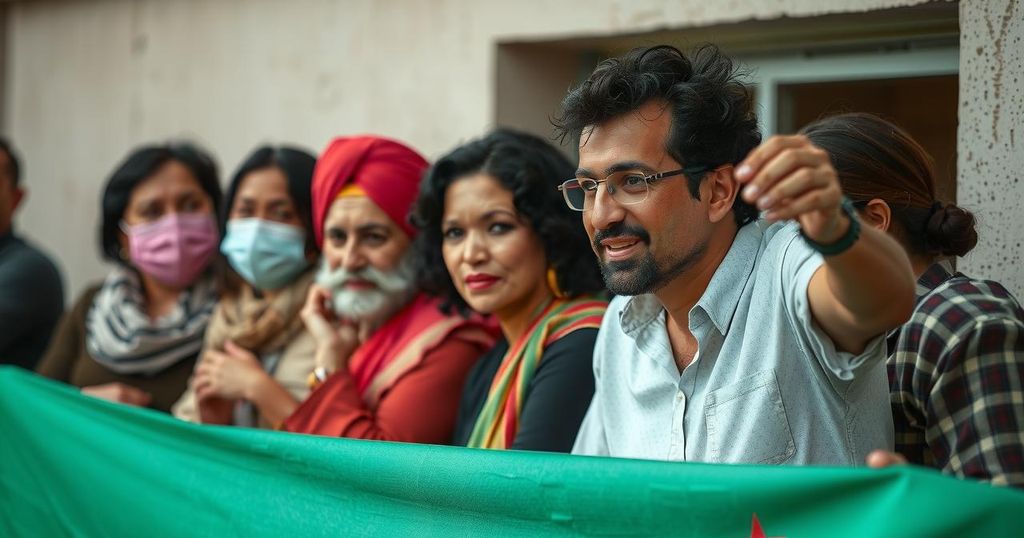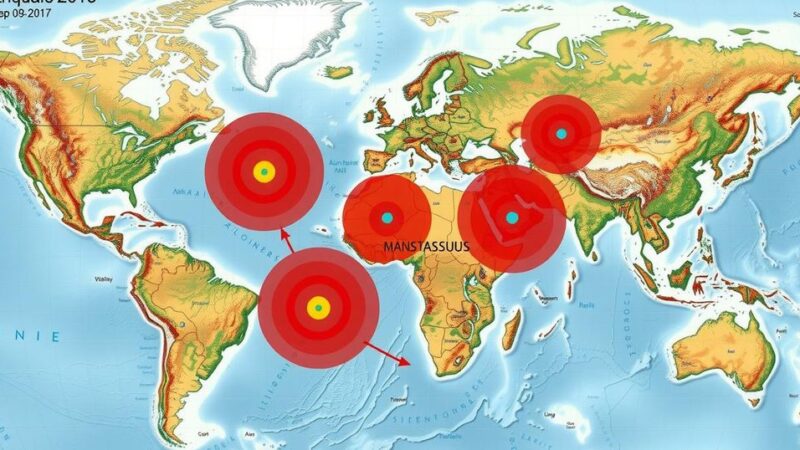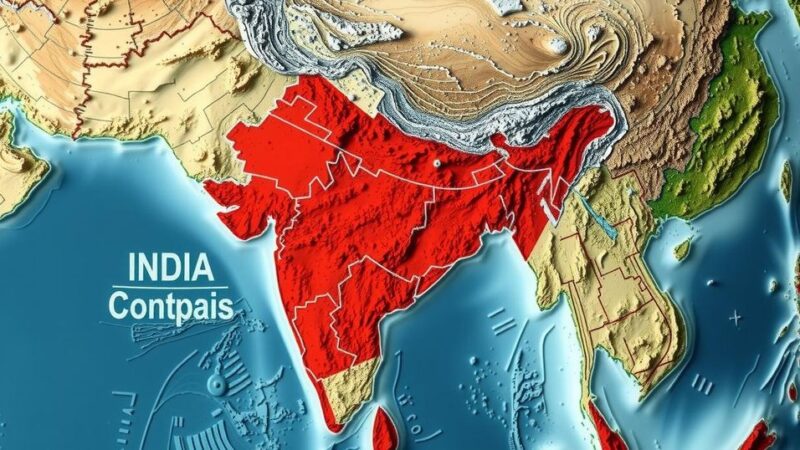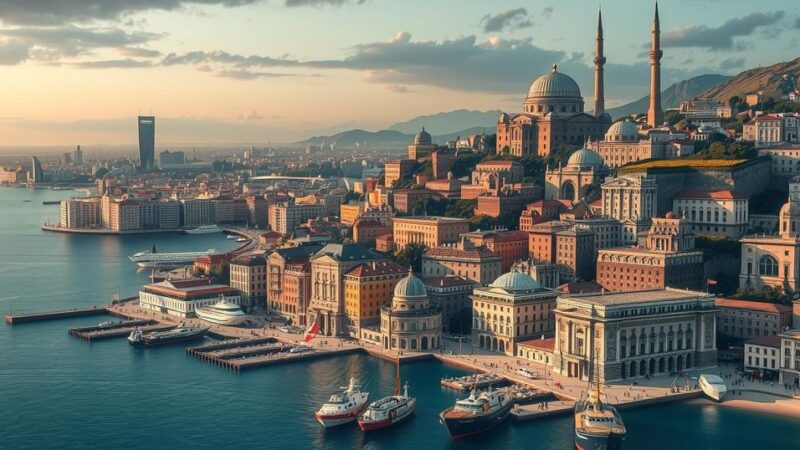Abdul Rahman al-Qaradawi’s family appeals to Lebanese Prime Minister for his release amidst fears of extradition to Egypt, where he faces serious charges and potential human rights violations. Detained at a border crossing, al-Qaradawi’s status raises concerns for his safety as calls grow for intervention from Lebanese authorities to prevent deportation back to Egypt.
The family of Abdul Rahman al-Qaradawi, an Egyptian opposition activist, has urgently appealed to Lebanese Prime Minister Najib Mikati for his release from detention. Al-Qaradawi, who also holds Turkish citizenship, is at risk of deportation back to Egypt, where he is sought under an arrest warrant stemming from charges related to opposing the state and inciting terrorism. His family fears for his safety, citing risks of torture and human rights violations he could face in Egypt if extradited. They drew attention to Lebanon’s historic role in defending freedoms and requested immediate action in the name of justice and humanity to ensure his safe return to Istanbul, where his family awaits him.
The situation surrounding Abdul Rahman al-Qaradawi reflects broader themes of political repression and human rights concerns within the Middle East. Detained in Lebanon due to an arrest warrant from Egyptian authorities, al-Qaradawi’s case reignites discussions about the safety of political dissidents in regions characterized by significant state oppression. His previous opposition to Egypt’s leadership under Hosni Mubarak and his public criticism of current President Abdel Fattah el-Sisi place him in a precarious situation, raising alarms regarding the treatment of individuals extradited to Egypt, which has faced global criticism for its human rights abuses. This context highlights the importance of international intervention in safeguarding political activists.
In summary, the family’s appeal to Lebanese authorities underscores the urgent need to address the risks faced by opposition activists like Abdul Rahman al-Qaradawi. Their concerns highlight the potential for severe human rights violations should he be extradited to Egypt. The call for intervention reflects broader issues of political repression in the region and the vital role of Lebanon in championing human rights and freedoms amidst increasing governmental crackdowns on dissenters. This case serves as a poignant reminder of the ongoing struggles for justice and safety among political dissidents in the Middle East.
Original Source: www.aljazeera.com







